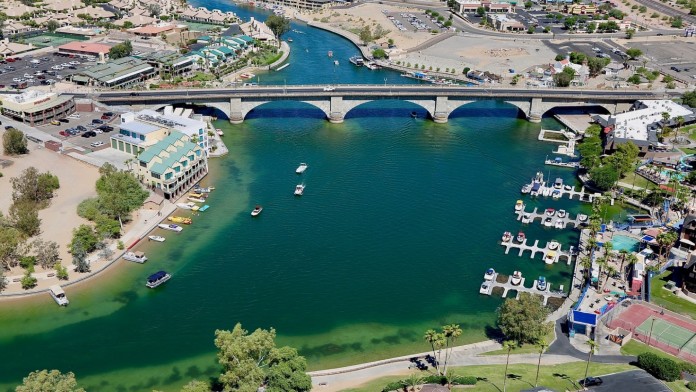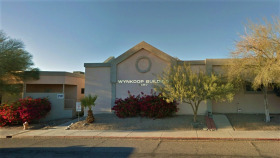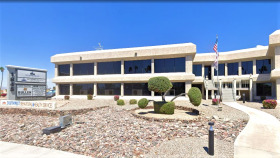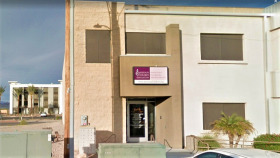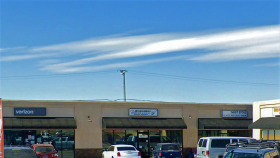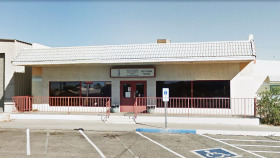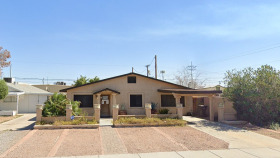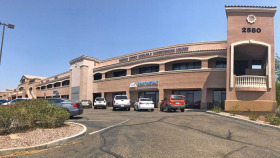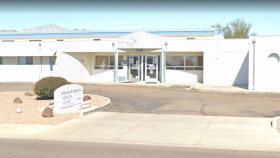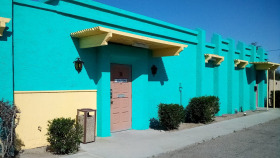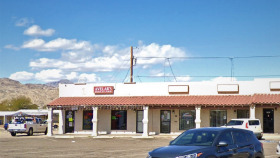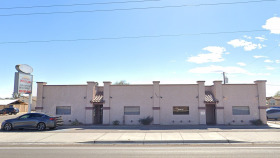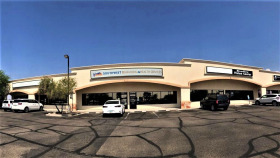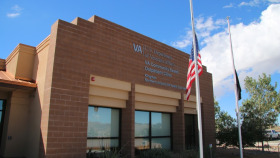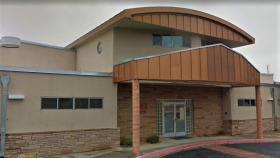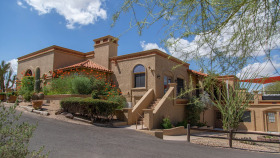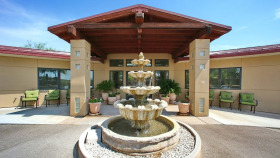Drug and Alcohol Statistics in Lake Havasu City
Fatal and nonfatal overdoses are rising throughout Mohave County. In the current year, the following has occurred:1
24 overdose deaths
57 nonfatal overdoses, some with multiple drugs involved, many with fentanyl
115 suspected overdose calls to emergency medical services
77 naloxone doses administered for suspected overdoses by EMTs, police, firefighters, healthcare professionals, and bystanders
The western region of Arizona is seeing an upsurge in substance use disorders, ranking as high or higher than the rest of Arizona and the United States. Examples include the following percentages:1
6.9% are heavy drinkers
13.5% are binge drinkers
55.7% smoked marijuana in the past year
14.2% are dependent on prescription pain medication
Substance use disorders rank in the top ten causes of death in Mohave County.2 This is another reason Lake Havasu City drug rehabs are proactive in fighting the substance use pandemic.
Levels of Substance Abuse Treatment
Substance abuse treatment often follows a continuum of care that flows from most to least restrictive. Some Arizona residents receive care at each level, while others may only need the least intensive treatment services.
Detox
Detox is often the initial step of rehab treatment. It occurs in a supervised medical setting and involves safely and comfortably clearing your system of all drugs and alcohol.
Residential or Inpatient
This is the most intensive treatment setting. Residential or inpatient treatment involves 24/7 supervised care. Participants usually receive individual and group therapy and may also receive medication and additional types of therapy.
Partial hospitalization programs (PHPs)
PHPs typically involve many of the same treatment services as inpatient care. However, you return home during non-treatment times.
Intensive Outpatient Programs (IOPs)
In an IOP, you participate in several hours of treatment over several days per week. Methods often include individual and group therapy. Many Arizona residents transition to IOPs after completing a residential or PHP program.
Standard Outpatient
Standard outpatient treatment involves a couple of hours of care per week, usually at an outpatient clinic or in a therapist’s office. This treatment level is appropriate for individuals who have mild addictions and strong support systems.
Aftercare
Aftercare provides ongoing support once inpatient or outpatient treatment is completed. This care may include 12-step meetings, transitional housing, or therapy. It is a key component of relapse prevention.
How to Pay for Drug Rehab in Arizona
Private Insurance
By law, all insurance companies must provide coverage for substance abuse and mental health treatment, per the Mental Health Parity and Addiction Equity Act. However, each plan differs regarding specific benefits, so Arizona residents must contact their provider to learn about exact coverage.
Arizona Medicaid
Arizona Medicaid, known as the Arizona Health Care Cost Containment System (AHCCCS), provides coverage for drug and alcohol rehab services under the Mental Health Parity Act. Arizona residents may qualify for this program if they are a low-income adult, a child, a pregnant woman, an elderly adult, or a person with certain disabilities.
Medicare
Medicare is a federal health insurance program that provides coverage for Arizonans aged 65 and older, along with individuals diagnosed with certain disabilities. Addiction treatment services are covered under both Medicare Part A and Part B. However, not all rehab facilities accept Medicare, so it’s important to confirm accepted methods of payment before enrolling in a program.
Sliding Scale Rehabs
Sliding scale rehab programs allow Arizona residents to pay only what they can reasonably afford based on their income. Participants must typically provide proof of income to qualify.
TRICARE in Arizona
TRICARE in Arizona (West region) provides health insurance coverage for U.S. military personnel, veterans, and their dependents. Coverage includes addiction treatment services. However, plans differ in their specific coverage.
IHS-Funded Drug Rehabs
The Indian Health Service (IHS) is a federally funded program for indigenous people. Native Americans and Native Alaskans who need SUD treatment can receive low-cost or free services under this program.
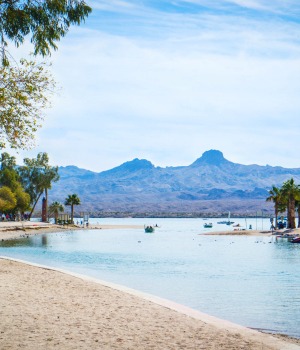
Everything to Know About Visiting Lake Havasu City
The nearest airports to Lake Havasu City are around three hours away. Most people choose between McCarran International Airport in Las Vegas, Nevada and Sky Harbor International Airport in Phoenix, Arizona. There are multiple shuttle services to take you to and from the airports. There are also several airports with charter flights available but no commercial services.
Ground transportation services from the airports to Lake Havasu City include the following:3
- 4 shuttle services
- 20+ car rentals
- 4 Taxi cabs
- Ride-share services
- Greyhound bus
- Amtrak train
Lake Havasu City operates a public transit system to get you where you need to go. You can choose the direct transit service on the Uber app, Bridge and Express Routes to places you visit often, and Flex rides if you are a senior or have a disability.4
If you enter inpatient treatment, you can go directly to the Lake Havasu City drug rehab. If you receive outpatient treatment, you will need a place to stay. The following housing options are available:
- Hotels and motels
- Resorts
- RV Parks
- Campgrounds
- Vacation rentals
- Airbnb and VRBO
In your free time, there are plenty of activities to keep you busy, support your recovery, and help you have fun, like the following:5
- Outdoor adventures (hunting, hiking, rock climbing, geocaching, birding, etc.)
- Water activities (fishing, kayaking, paddle boarding, scuba diving, etc.)
- Attractions (London Bridge, meteorite hunting, museums, lighthouses, etc.)
With year-round opportunities in Mohave County and beyond, there is never a bad time to go to a drug and alcohol rehab in Lake Havasu City.
Arizona Drug and Alcohol Laws
Arizona laws include the following policies regarding substance use and treatment.1,2,3,4
Public Alcohol Consumption: In Arizona, it is illegal to drink alcohol in certain public places. The law states it is unlawful “for a person to consume spirituous liquor in a public place, thoroughfare, or gathering.” The law doesn’t apply to private property or public recreation. Unlike other states, there are no “public intoxication” charges in Arizona. The act of consuming alcohol is unlawful, not the act of being drunk in public.
Naloxone Standing Order: This law allows any licensed pharmacist in Arizona to dispense naloxone without a prescription, and for any Arizonan to obtain naloxone from any pharmacy in the state.
Good Samaritan Law: Under this policy, Arizonans are protected from criminal liability if they seek medical assistance for a suspected overdose. The law is meant to save lives by removing fear of legal repercussions for possession or use of a controlled substance/drug paraphernalia and for providing alcohol to minors.
Court-Ordered Treatment: In Arizona, offenders who plead guilty to a drug offense may complete court-ordered treatment instead of serving jail time.
Health Insurance Waiver: Arizonans can pay for drug and alcohol treatment out of pocket, without penalty for not having health insurance. This is per Article 27, section 2 of Arizona insurance law, which states that a person does not need to participate in a healthcare system but may pay for healthcare services directly.
Resources
- Arizona Department of Health Services. 2022. Dashboard Verified Reported Overdoses.
- Mohave County Department of Public Health and Kingman Regional Medical Center. 2022. The 2019 Community Needs Health Assessment.
- McCarran Airport. 2022. Transfers To and From McCarran Airport.
- Lake Havasu City. 2022. Lake Havasu City Public Transit.
- Go Lake Havasu. 2022. Play.

